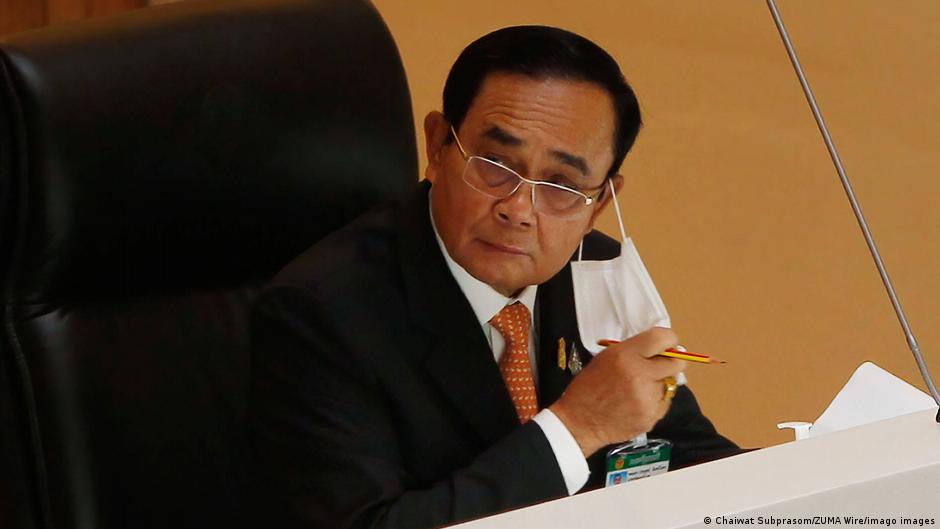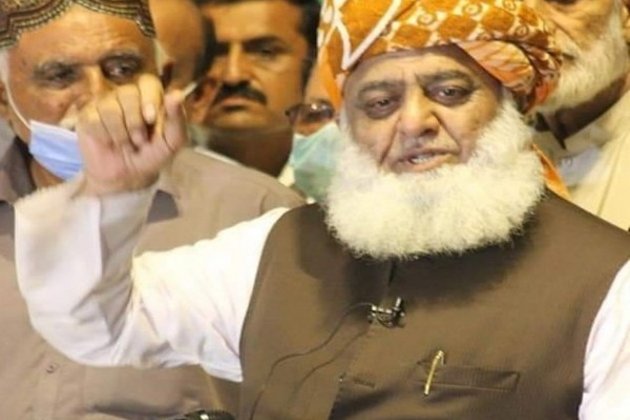Thai PM survives fourth no-confidence vote
The government of Prime Minister Prayuth Chan-ocha had been targeted for economic mismanagement and a failure to prevent corruption.
Thailand’s Prime Minister Prayuth Chan-ocha has survived his fourth no-confidence vote in the parliament and his last major test ahead of next year’s general election. Prayuth and 10 of his cabinet members pulled through the vote on Saturday, following four days of censure debate targeting the ministers for economic mismanagement and their failure to prevent corruption. The Prime Minister won 256 confidence votes and 206 against, with nine abstaining. During the censure debate in the past few days, the issues raised by the opposition contain some incorrect information and the government has used this opportunity to clarify things, government spokesperson Thanakorn Wangboonkongchana said. Now that the censure debate is completed we urged the opposition to work with us for the people and the country.
What led to the vote?
Prayuth was the main target of opposition parties in the four days of grilling that was telecast live on television. Opposition chief whip Sutin Klungsang said that the Prime Minister’s key failure was economic management. Prayuth, who is also the Defense Minister, was also accused of spying on dissidents with Pegasus spyware, and of misusing Thailand’s budget. Prayuth has defended his government’s record, stressing that the nation’s economy is stable despite spiking energy prices and high inflation. For the remaining 250 days of the government, I insist that I will do everything to take the country out of the crisis as soon as possible, he said.
Prayuth has sailed through three previous censure motions since 2020. The 68-year-old retired general has been in power since a coup he led in 2014. His term is scheduled to end in March next year. However, there is yet to be an indication from the prime minister of when an election will be called.
What did the opposition say?
Cholanan Srikaew, head of the main opposition Pheu Thai Party, called the result of the vote disappointing as it didn’t reflect public sentiment. We know we cannot win in the Parliament but we will not lose in the general election, he said. As the censure debate went on, youth-led protest groups which first surfaced in 2020 to challenge the government assembled outside the parliament and conducted a parallel vote of no-confidence. While 16,690 votes went against the government, only 251 were in favor.
23 Jul 2022,21:06
















 Live Tv
Live Tv



